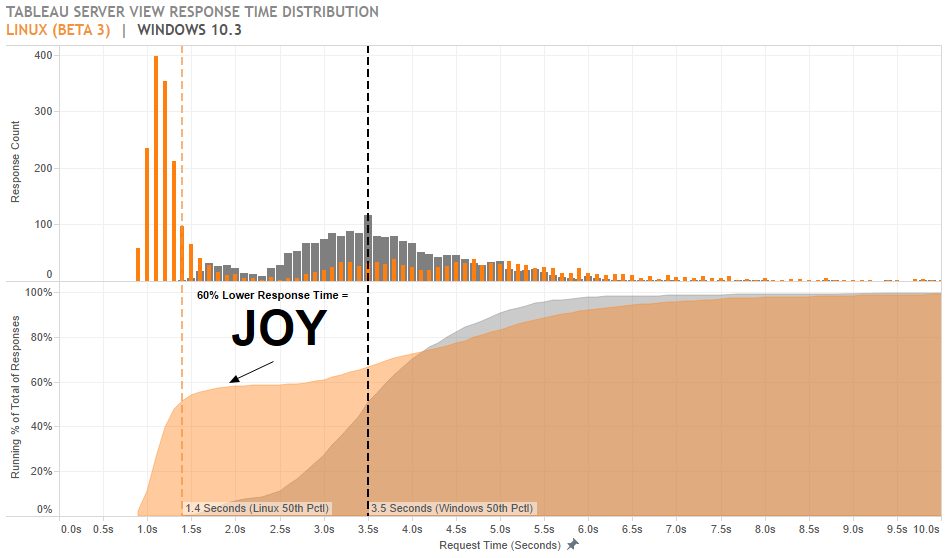Originally posted by npwx
View Post
As I have said, Linux use is a religion, and like all religions, the adherents get angry when you ask them to back up their claims with actual facts.



Comment